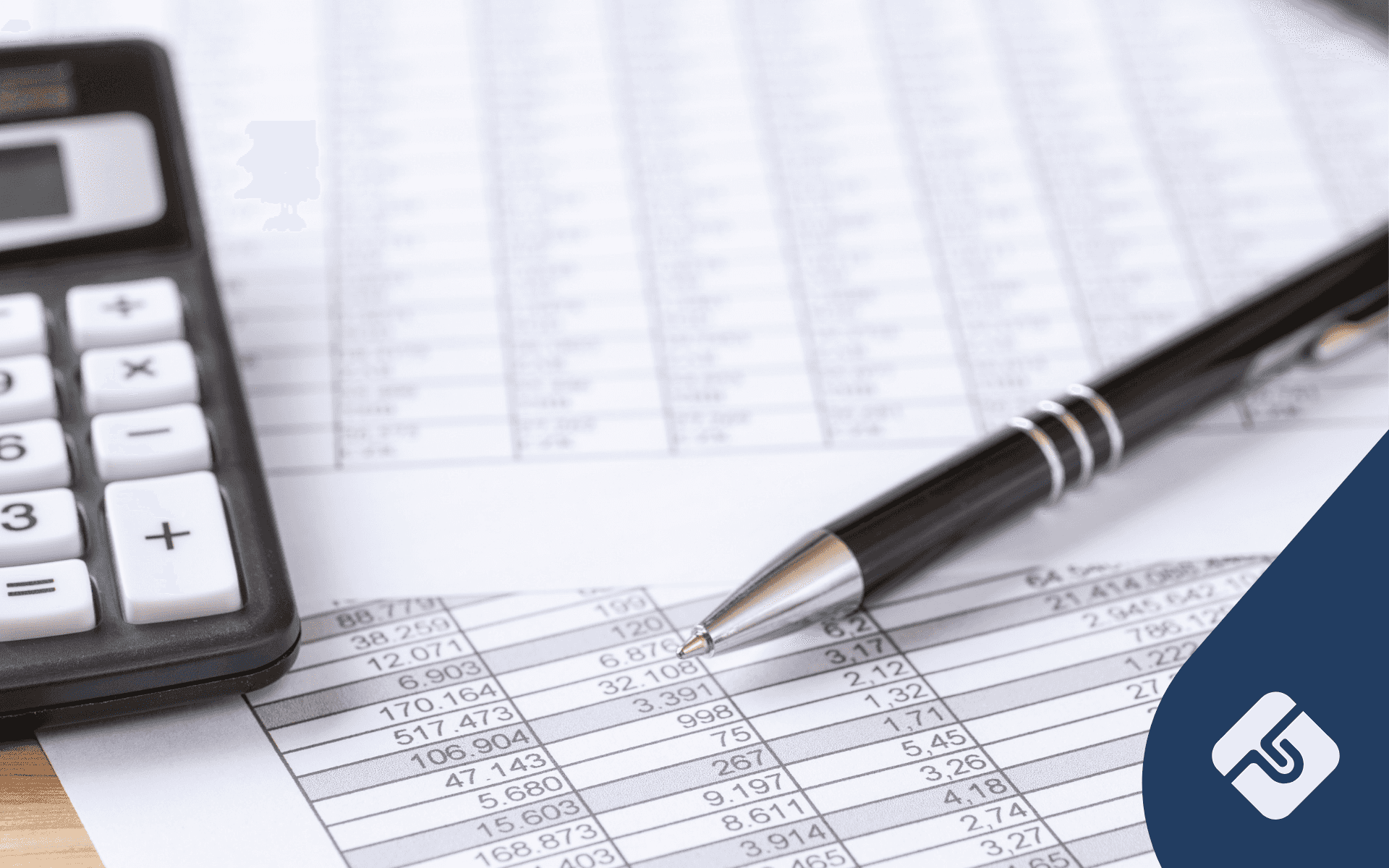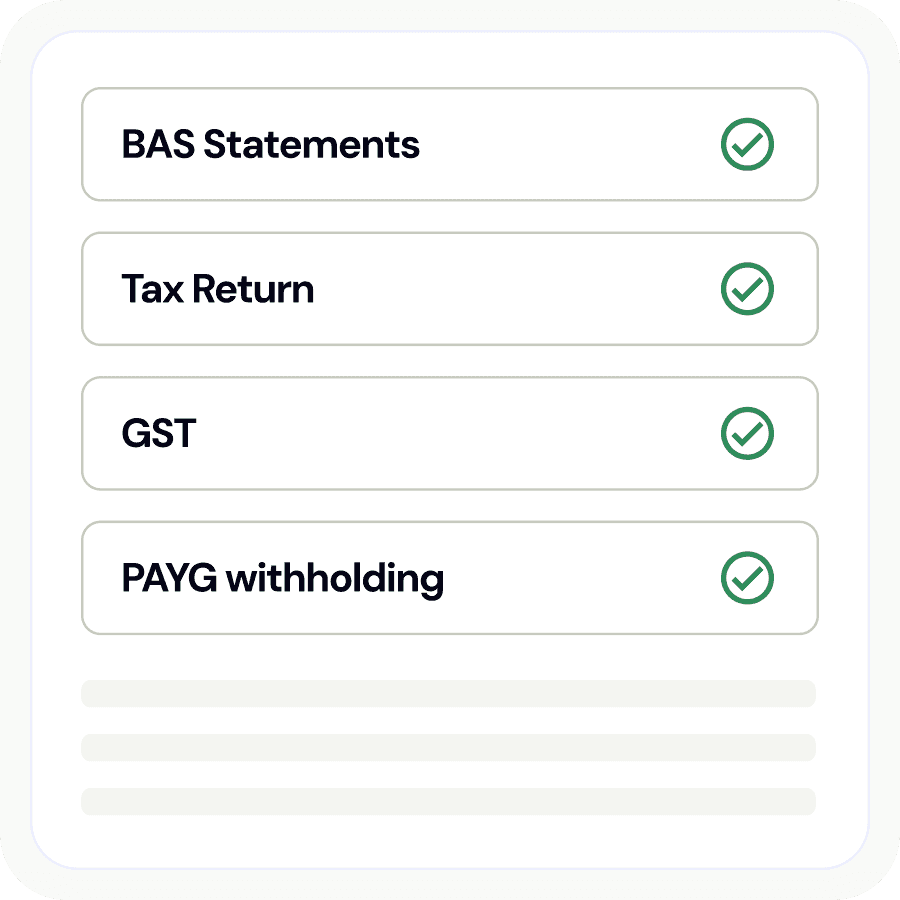The Goods and Services Tax (GST) is a 10% tax which is included in the price of most consumer goods and businesses have to ensure that they include it in their prices.
Generally speaking, goods and services tax (GST) is a broad-based tax of 10% on most goods and services sold or consumed in Australia. This tax is distributed amongst Australian States to provide state-provided services, such as public transport and hospitals.
Consumers are heavily affected by this tax, however it is also something business owners should be aware of. This is because if you’re a business owner, it’s likely that you’ll have to register for GST and adjust your prices accordingly.
Exemptions
There are exemptions to the GST. If you will be selling these products, you will not have to register or add the tax to your prices. Some of the exemptions include:
- Basic food, such as fruit and vegetables and meat
- Court fees
- Most educational materials and courses
- Some medicines
- Sale of business as a going concern
- Some financial services
Notably, in 2019 menstrual products were also included on the list of GST exemptions. It’s important to check that you are not unduly charging customers GST for products that are exempt. If you are, you may face a heavy fine from the ATO.
Registering for GST
You will need to think about registering for GST as your business profit grows. When your business or enterprise GST turnover reaches $75,000 or more, you will need to register. Registration must occur within 21 days of meeting this GST turnover threshold.
You only need to register once for GST even if you operate more than one business through the same entity.
For example (the company Lawpath Pty Ltd operates two businesses, Lawpath Subscription Services and Lawpath Documents). Lawpath Pty Ltd will only need to register once for GST, and this will cover both businesses.
Taxi and ridesharing services
If you provide taxi services, you will need to register for GST regardless of your turnover.
Uber drivers also have to register for GST regardless of whether they’re under the $75,000 threshold. This is also despite the fact that Uber drivers are employed as independent contractors. This standard applies to all drivers providing transport services.
The benefits of registering for GST
If you want to claim fuel tax credits for your business or taxi travel you will need to register.
If your GST turnover is below the threshold, registration is optional. However it can be good business practice to register for GST if you anticipate your new business will reach the $75000 turnover within the first 12 months of operation.
How to register
If you’ve already incorporated your business and have an Australian Business Number (ABN) registering for GST can be done online (Business Portal), through written form, phone or through your registered tax or BAS agent. You can use the ATOs Online Business Portal at https://bp.ato.gov.au, or give them a call on 13 28 66.
How we can help
You can register for GST by starting your company with us. We make starting a business easy by providing GST, ACN, ABN, TFN, PAYG registration and much more for $598. If your business is already up and running you can read on when and how to register on the ATO Website.







